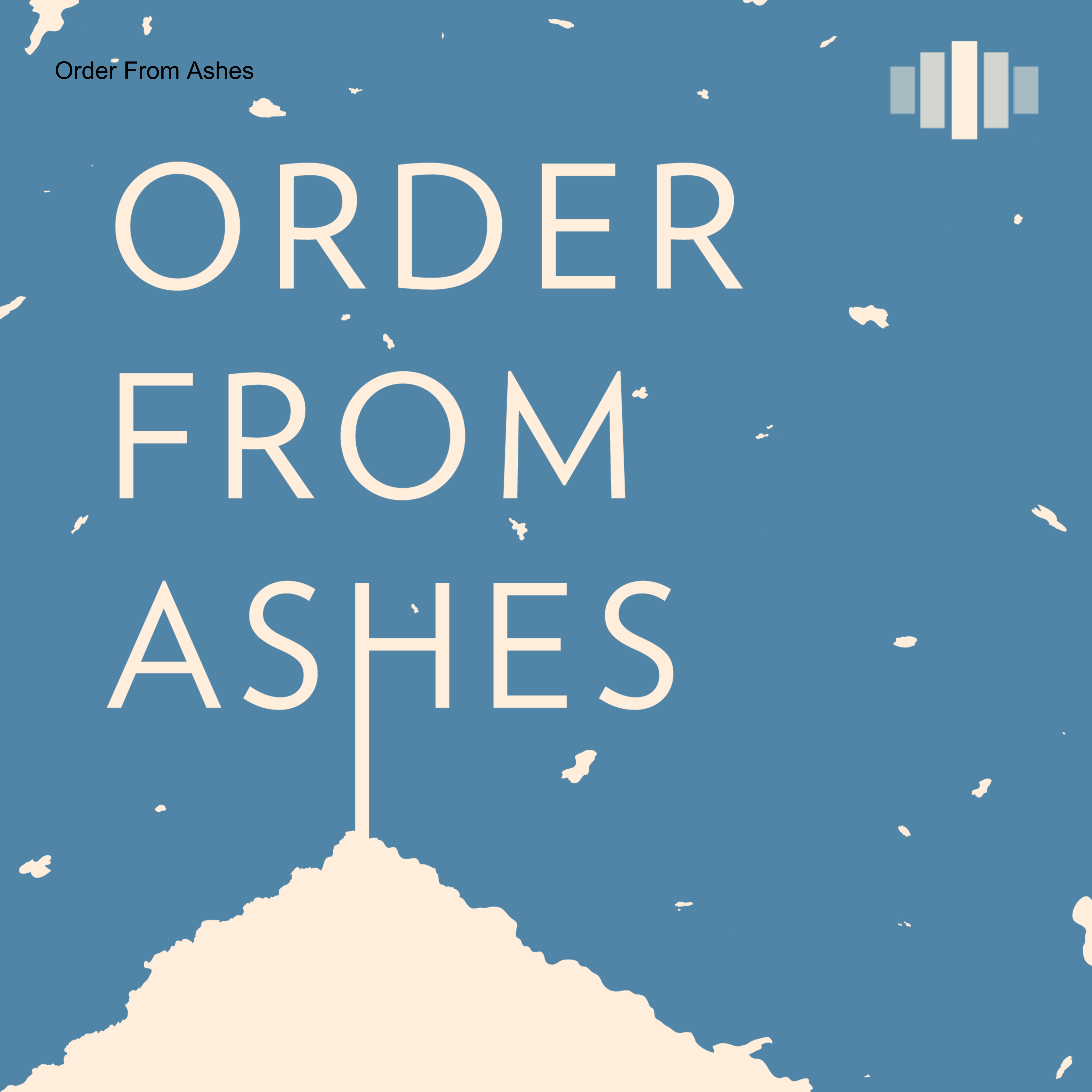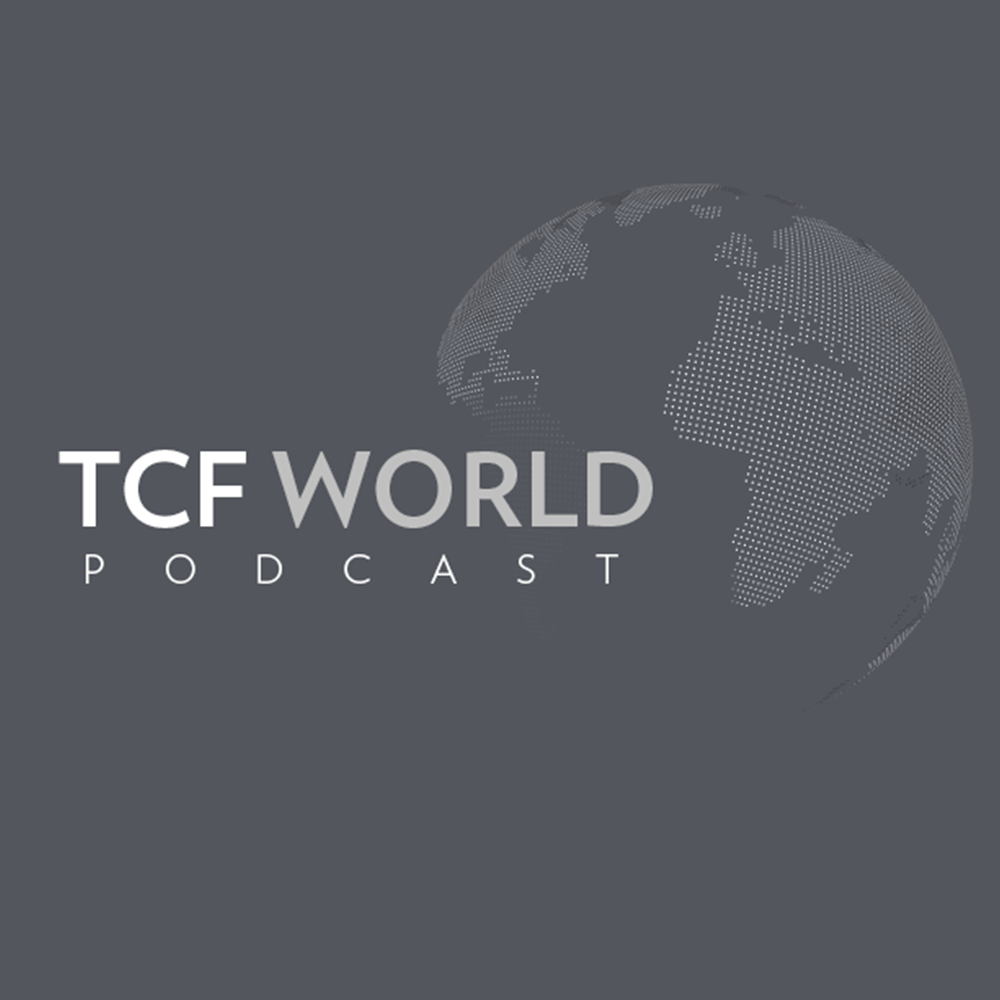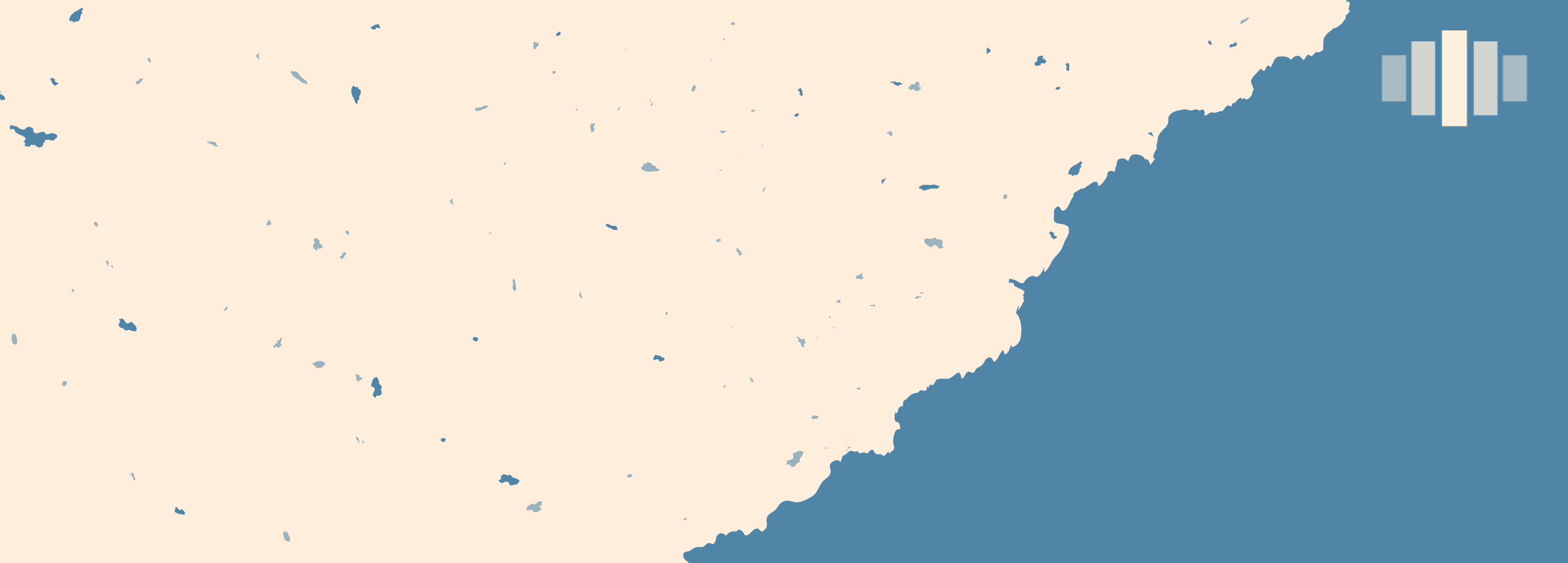
Today’s world is in unprecedented flux. Rights and citizenship are under assault. Authoritarianism is on the rise. No single country can dictate the rules. The Middle East lies at the cutting edge of the crises of our age, with every world power, including the United States, deeply involved. Host Thanassis Cambanis interviews activists, researchers, and decision-makers about the problems of our time, and possible solutions. This podcast is produced by Century International. Our research focuses on the human impact of global policy. We are independent, critical, and progressive. Find our work at https://tcf.org/topics/century-international/.
Episodes

Friday Apr 06, 2018
Bridging the Middle East’s Security Gulf
Friday Apr 06, 2018
Friday Apr 06, 2018
There seem to be fewer and fewer opportunities to build relationships between adversarial governments in the Middle East region. Even the faint promise that briefly flared during the negotiations over Iran’s nuclear program has faded. Today, the Middle East has fewer communications channels and institutional forums than any other region in the world.
Dalia Dassa Kaye and David Griffiths debate some of the incremental possibilities to begin constructing (or reconstructing) the region’s security architecture. If expectations are kept low and governments are willing to improvise, these researchers suggest there are prospects to establish rudimentary security architecture.
Griffiths argues that sailors can find common ground on technical matters like incidents at sea and search and rescue, which can provide the basis of some security cooperation. Dassa Kaye suggests that new initiatives can come out of difficult period like the present. Can technical agreements over sea lanes, nuclear waste, or disputed boundaries ever translate into the type of political process necessary to effectively manage conflict, or resolve it?
Read Dalia Dassa Kaye’s “Can It Happen Here? Prospects for Regional Security Cooperation in the Middle East,” David N. Griffiths’ “Oceans of Opportunity: Maritime Dimensions of Security in the Arab World,” and Thanassis Cambanis’ “The Israel-Hezbollah Channel: UNIFIL’s Effective but Limited Conflict-Management Mechanism.” These reports are part of the TCF project “Order from Ashes: New Foundations for Security in the Middle East.”
Participants include:
- Dalia Dassa Kaye, director, Center for Middle East Public Policy, the RAND Corporation
- David N. Griffiths, independent researcher and former Canadian naval officer
- Thanassis Cambanis, senior fellow, The Century Foundation

No comments yet. Be the first to say something!